A gifted copy of the NYT has already paid a dividend providing a post. There's another reporting the launch of Apple's $3,500 Vision Pro.
Through Chen's tech report we learn, or are reminded that "Google, Meta, Snap, Samsung and Sony" and other companies, have been trying to create VR headsets as an experience for over the past 12 years. Familiar barriers to entry (for all) still make themselves known: physical - weight, energy - battery, purpose - getting tasks done, the graphics - 'tech', hence the market key - of cost. It is integrating these that might also be termed 'maturity' - the time is, finally right. The term has always been somewhat unfortunate but where is the killer-app?
 |
| Jurassic World: Aftermath. Credit: Coatsink |
Chen's trials of VR headsets old and new includes what seems the ubiquitous dinosaur app.
I can relate to the 'dinosaur' moniker, given the veritable dinosaur represented by models of care and nursing theory; and yes that one, the dinosaur riding the bike to a new (health) career in 1977.
Apple bills this launch as the start of:
"'spatial computing,' which blends data with the physical world to make our lives better."
In a way, this oft-repeated situation can be summed up as socio-technical reality, travelling through various iterations until capability and maturity of technology come of age.
Now it's not just hi-res graphics, it is video quality imagery. Recalling an interface in my first HTML editor, I wonder if there is an opportunity being missed?
Unpicking Apples' 'spatial computing' which in short = data + physical world + lives better (purposes) tech is persistently predictable in going for the commercial jugular. Perhaps there is an intermediate step which software developers have sought to leverage over many years.
'Data' here, means care concepts, or as the context dictates. Hodges' model as a data, information, knowledge, educational (e.g., case study) portal.
Given a specific context what concepts might we 'find' at a,b,c and d below; and elsewhere in the model? How do we characterise the 'individual', the group? While in a virtual (and conceptual / threshold space: Hodges' model!) this might, encountered as text be a less virtiginous and tiring experience*? Hodges' model is an ideal fit in fact - well a candidate space at least.
Consider how far, since the early 2000s and 2012 (not to mention 1991) technology (hard and soft) has come in terms of language understanding and AI - ChatGPT. Hodges' model can leverage this in the first instance. As a template Hodges' model is a proverbial virtual lab - a potential situated corpus - also awaiting its dinosaur.
Individual
|
INTERPERSONAL : SCIENCES
HUMANISTIC -------------------------------------- MECHANISTIC
SOCIOLOGY : POLITICAL
|
Groupa)
user (sector) purposes
concepts
critical thinking
reflection
model, modelling
| b)
space
3D - graphics
representation
health / nurse theory
models of care
|
patient/carer engagement
metric for: self care
integrated care
person-centred care
integrated care
c) | open source/commercial apps
outcomes
prevention
sustainable health care
determinants of health
d) |
Brian X. Chen, Computer on your face? Still not cool. Tech, The New York Times International Edition, January 30, 2024, p.14.
https://nytimes-en.com/2024/01/25/why-making-face-computers-cool-isnt-easy/
*https://www.msn.com/en-us/news/technology/the-vision-pros-scary-side-effect/ar-BB1i6Hln
(The tech giants will battle it out.)
Images:
Jurassic World: Aftermath - https://www.nme.com/news/gaming-news/jurassic-world-aftermath-brings-vr-horror-to-the-oculus-quest-this-week-2840584
Fossilized evidence of the dinosaur - as expected from the archive:
https://web.archive.org/web/20091205090804/http://www.p-jones.demon.co.uk/Introvrn.htm
The above is included in the fourth row of the SCIENCES collection of links at:
https://web.archive.org/web/20100327172004/http://www.p-jones.demon.co.uk/linksTwo.htm






.jpg/220px-James_Lovelock%2C_2005_(cropped).jpg)
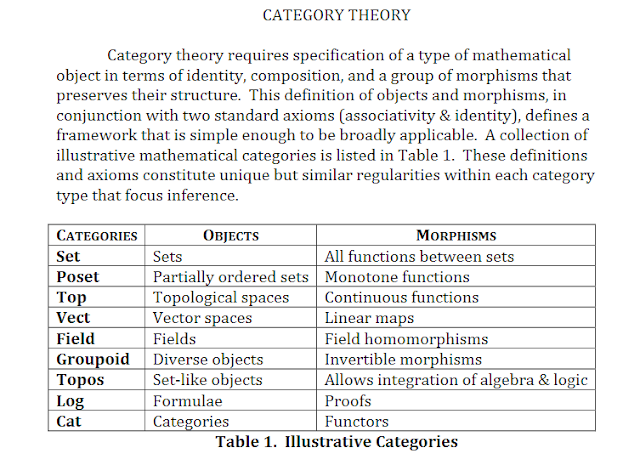
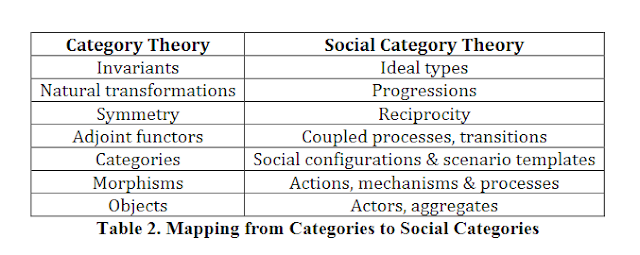
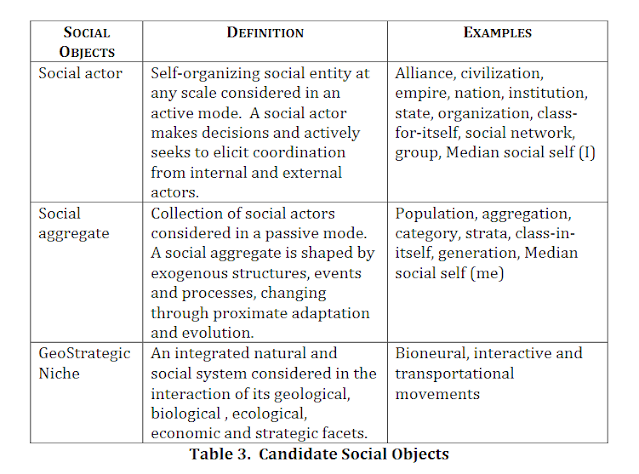

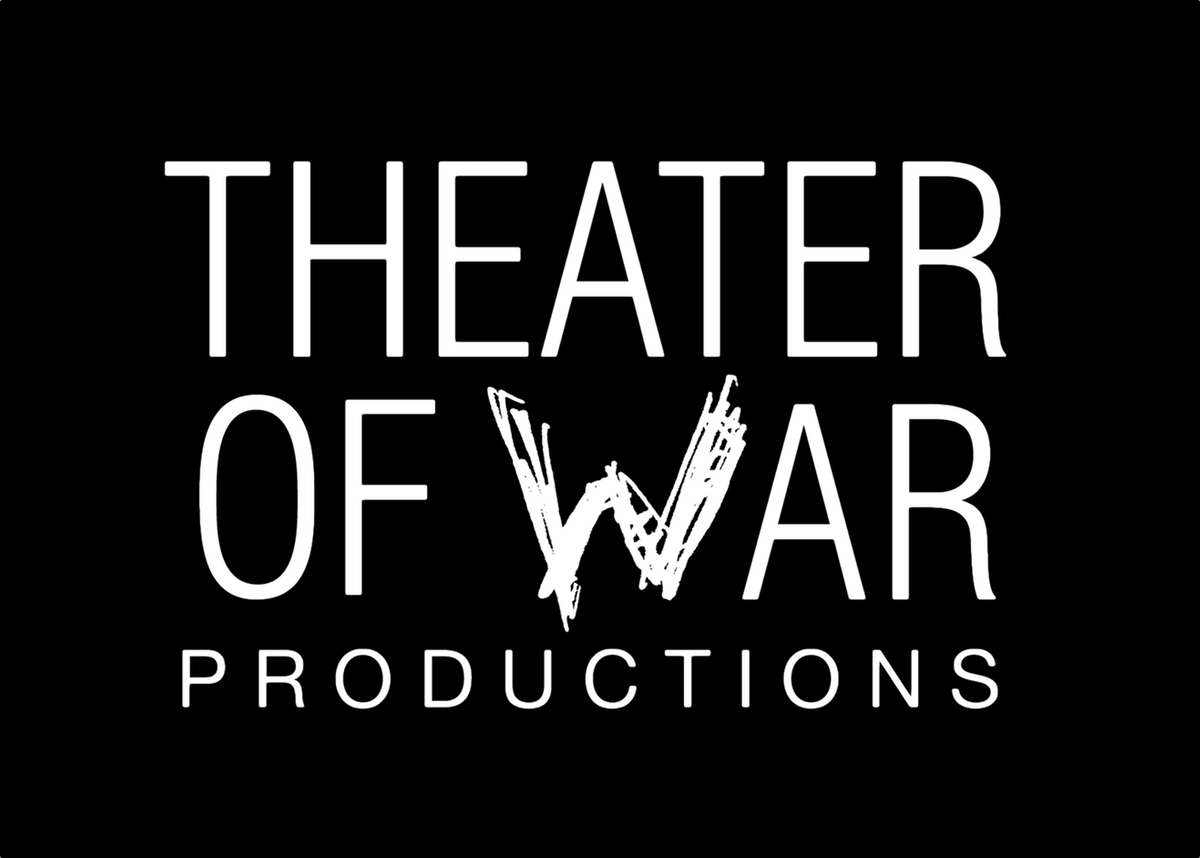
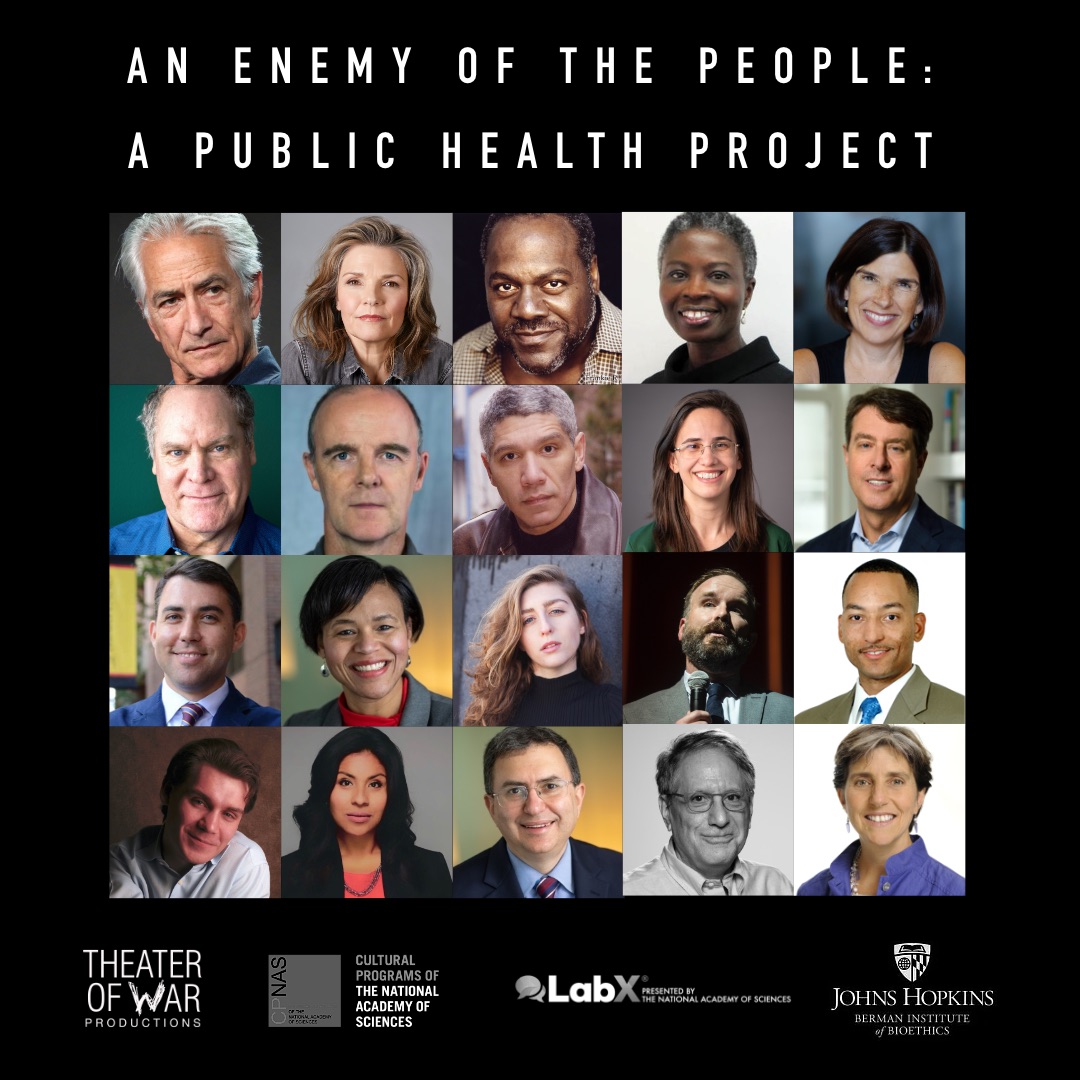



 orcid.org/0000-0002-0192-8965
orcid.org/0000-0002-0192-8965